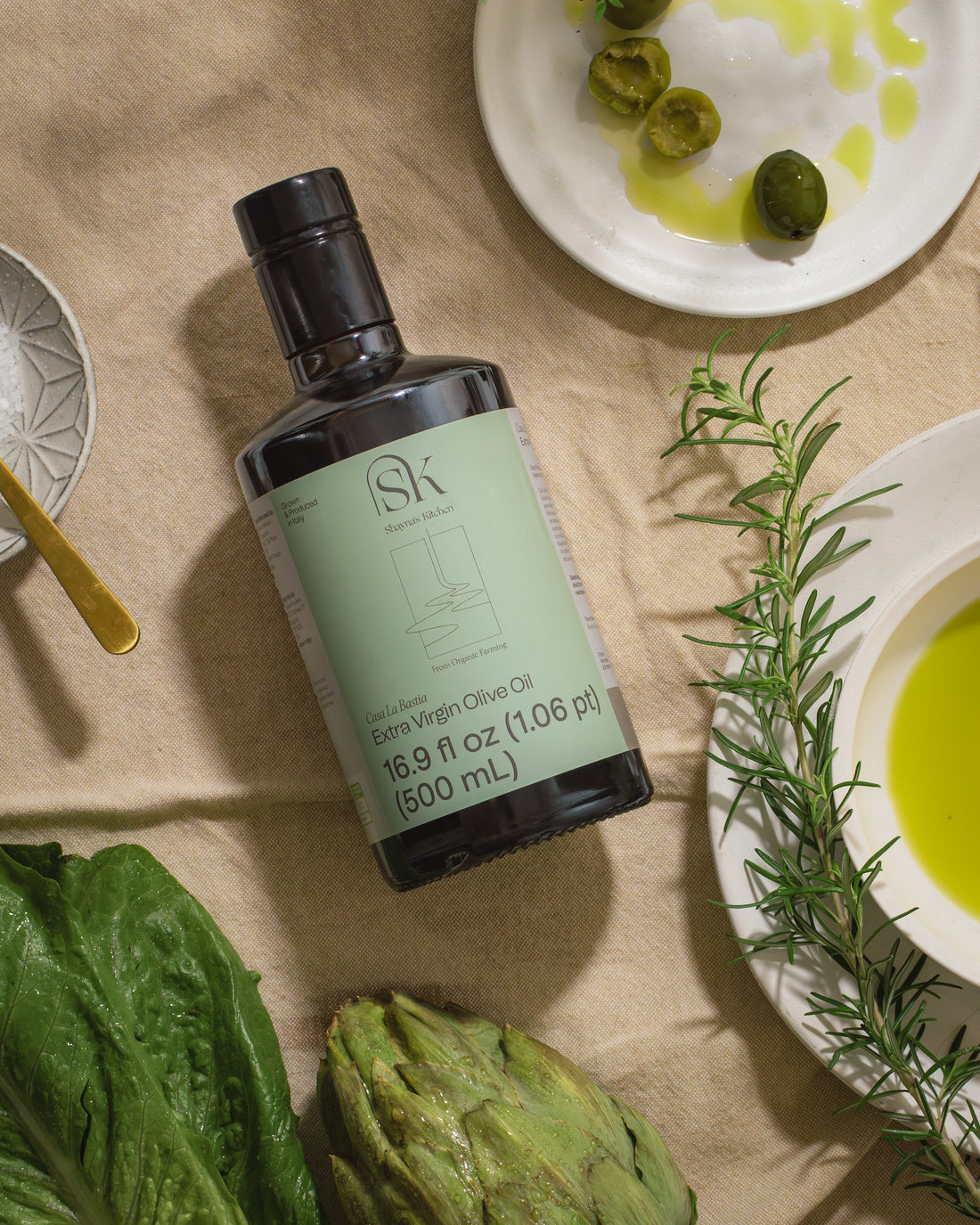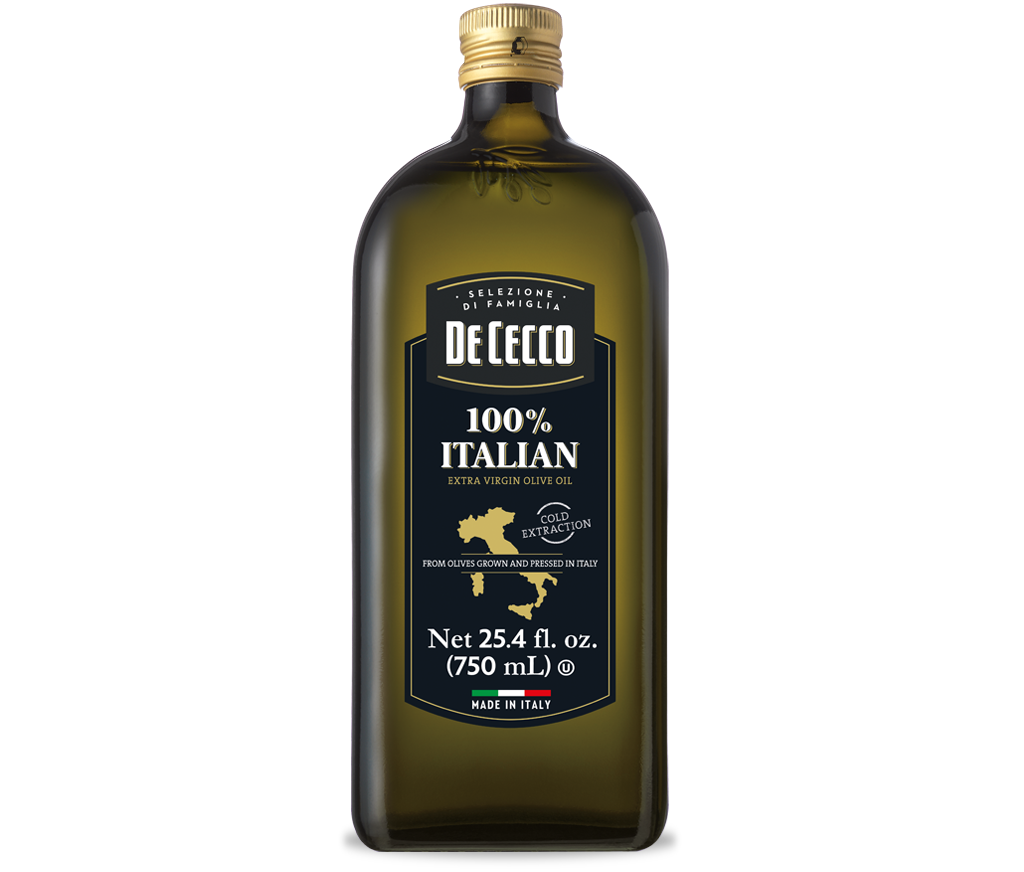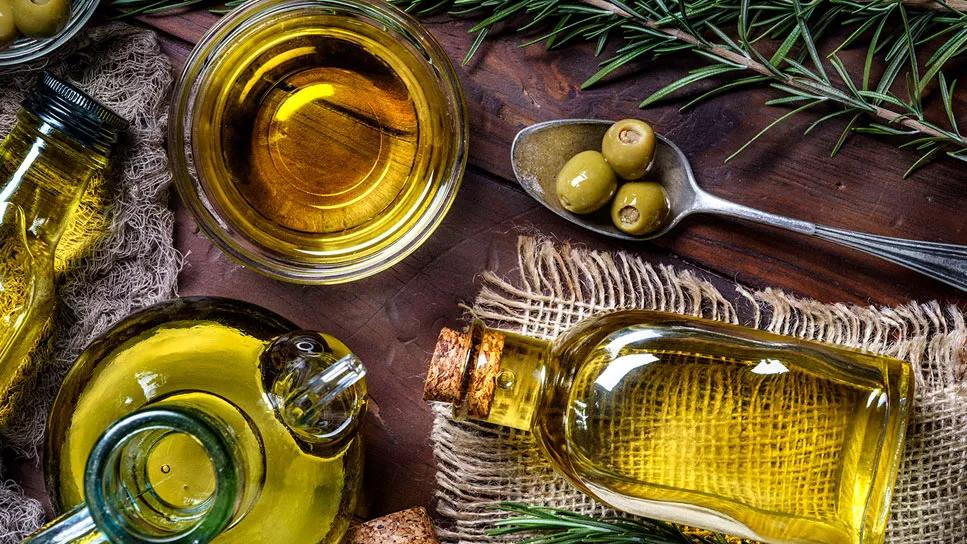Extra Virgin Olive Oil Benefits: Why It’s Essential for Your Mediterranean Diet
Extra Virgin Olive Oil Benefits: Why It’s Essential for Your Mediterranean Diet
Blog Article
The Important Guide to Comprehending Additional Virgin Olive Oil and Its Culinary Benefits
Bonus virgin olive oil stands as a foundation of culinary excellence, distinguished not just by its exceptional top quality yet likewise by its myriad health advantages. This oil, extracted from the initial pushing of olives, uses low acidity and an intricate flavor profile that enhances a diverse array of meals.
What Is Bonus Virgin Olive Oil?
Bonus virgin olive oil (EVOO) is a high-quality oil originated from the first pressing of olives, identified by its reduced acidity and abundant flavor profile. This oil is taken into consideration the finest grade of olive oil, conference stringent criteria for quality and preference. To certify as additional virgin, the oil must be removed with mechanical ways without making use of heat or chemicals, maintaining the natural qualities of the olives.
EVOO is celebrated for its intricate scent, varying from fruity to peppery, and its unique preference that can vary based on the olive range and area of production. The wellness benefits of extra virgin olive oil are well-documented; it is rich in monounsaturated fats, antioxidants, and anti-inflammatory compounds, contributing positively to heart wellness and overall well-being.
In culinary applications, EVOO is functional, suitable for sprinkling over salads, improving the taste of prepared recipes, and working as a base for marinades. Its distinct flavor account not just boosts recipes yet also plays a crucial role in Mediterranean cuisine, where it is a staple ingredient. Comprehending EVOO's qualities can enrich culinary experiences and advertise healthier consuming behaviors.
Exactly How Extra Virgin Olive Oil Is Made

This action is essential for releasing the oil from the cells of the fruit. Following this, the paste is subjected to malaxation, where it is gently combined to help with the separation of oil from water and solids.
The following stage entails centrifugation, which uses fast rotating to separate the oil from the staying pulp and water. The resulting oil is then filtered to improve quality and security. Ultimately, added virgin olive oil is saved in dark glass or stainless steel containers to secure it from light and oxidation, guaranteeing its exceptional flavor and quality are preserved up until it gets to customers.
Health And Wellness Conveniences of Bonus Virgin Olive Oil
What makes added virgin olive oil a staple in healthy diets around the globe? Its rich structure of monounsaturated fats, mostly oleic acid, adds dramatically to cardio wellness. Research studies have shown that these healthy and balanced fats can minimize swelling, lower bad cholesterol degrees (LDL), and boost great cholesterol (HDL), thus promoting heart wellness.
Additionally, additional virgin olive oil is a potent source of antioxidants, consisting of polyphenols and vitamin E (extra virgin olive oil benefits). These compounds assist combat oxidative stress and reduce the threat of chronic conditions such as cancer cells and diabetes. The anti-inflammatory residential properties of additional virgin olive oil further enhance its health advantages, making it a useful addition to an anti-inflammatory diet plan
Research has also shown that routine intake of extra virgin olive oil might support cognitive feature and lower the threat of neurodegenerative illness, such as Alzheimer's. Furthermore, its prospective duty in weight administration, when made use of in moderation, emphasizes its adaptability as a healthful fat resource.
Culinary Uses and Applications
A foundation of Mediterranean food, added virgin olive oil serves a plethora of culinary applications that enhance taste and boost meals. Its abundant, nuanced taste account makes it a perfect option for sprinkling over salads, barbequed veggies, or roasted meats, conveying deepness their website and richness.

In addition, it functions as a crucial ingredient in dressings, giving a base for vinaigrettes and velvety sauces, while enhancing the total preference experience. Additional virgin olive oil can likewise be employed as a completing oil, added simply prior to offering to highlight the dish's fragrance and flavor account.

Tips for Finding High Quality Olive Oil
Choosing quality olive oil can considerably improve both flavor and health benefits in your cooking undertakings. To guarantee you choose the finest product, consider the following pointers.
First, appearance for the designation "additional virgin" on the label. This classification shows that the oil is made from the initial chilly pressing of olives, preserving the highest degree of taste and nutrients. Furthermore, check for a harvest day; fresher oils are normally better in both taste and wellness residential or commercial properties.
Following, think about the source. Oils from areas known for high-quality manufacturing, such as Italy, Spain, and Greece, commonly yield premium items. Look for single-origin oils, as they generally give a more genuine flavor account compared to blends.
Examine the product packaging, as well. Quality olive oil should be kept in dark glass bottles or tins to secure it from light and oxidation. extra virgin olive oil benefits. Avoid clear plastic containers, as they expose the oil to YOURURL.com light, which can weaken its high quality
Verdict
Finally, extra virgin olive oil stands as a premium oil, commemorated for its phenomenal flavor and countless health and wellness advantages. Its production process, which entails cold pushing, ensures the retention of necessary nutrients and antioxidants. The diverse cooking applications enhance different dishes, making it a flexible active ingredient. Selecting premium added virgin olive oil is crucial for enhancing both flavor and wellness properties, strengthening its status as a staple in healthy and balanced cooking and nutritional methods.
Extra virgin olive oil (EVOO) is a high-grade oil obtained from the initial pushing of olives, identified by its reduced level of acidity and abundant taste profile.The manufacturing of added virgin olive oil begins with the careful harvesting of olives, which are usually handpicked to prevent damage to the fruit. Additional virgin olive oil is kept in dark glass or stainless steel containers to secure it from light and oxidation, guaranteeing its outstanding taste and quality are maintained until it gets to consumers.
In verdict, additional virgin olive oil stands as a premium oil, celebrated for its extraordinary taste and various health and wellness benefits. extra virgin olive oil benefits. Picking premium extra virgin olive oil is essential for optimizing both flavor and health buildings, enhancing its standing as a staple in healthy cooking and nutritional techniques
Report this page